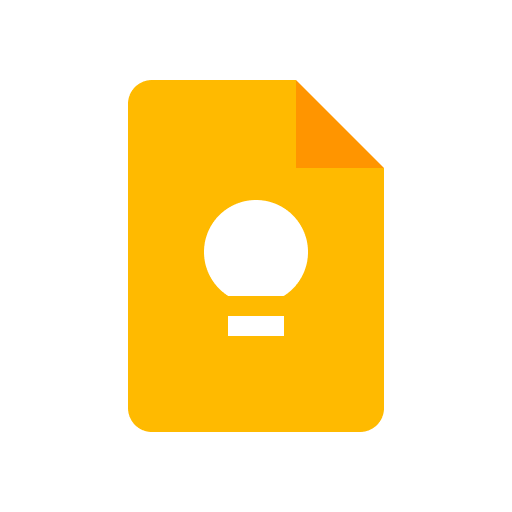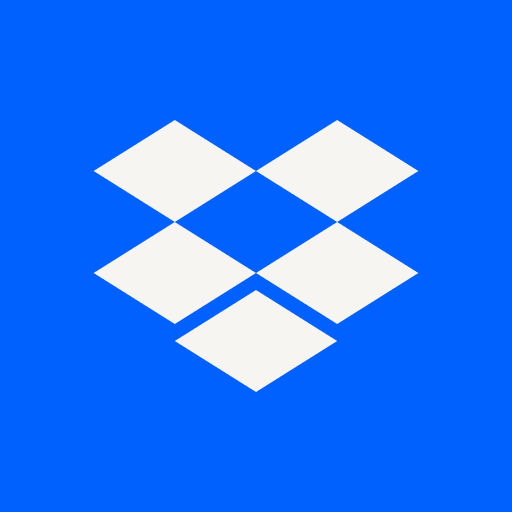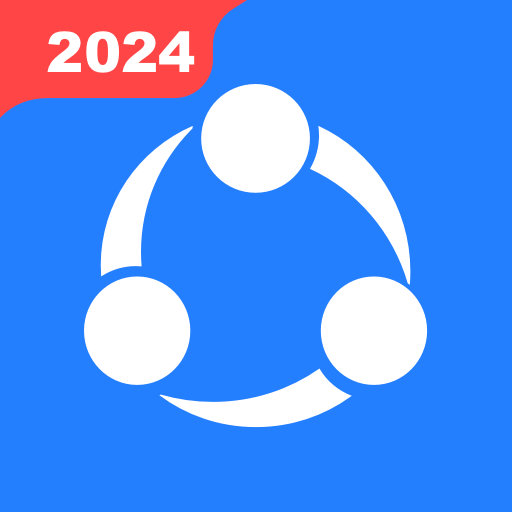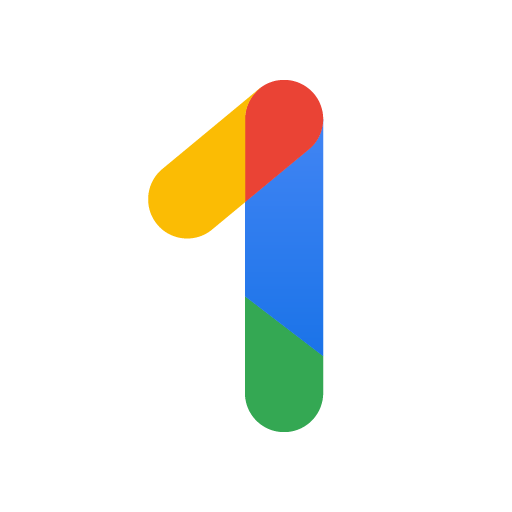The official app by OpenAI

| Name | ChatGPT |
|---|---|
| Publisher | OpenAI |
| Genre | Productivity |
| Version | 1.2025.028 |
| Update | February 10, 2025 |
| Get it On | Play Store |
| Report | Report Apps |
Preview
The Rise of ChatGPT: Unlocking the Power of Conversational AI
AI technologies have long fascinated the world, but few innovations have captured attention as quickly as ChatGPT. With its ability to generate human-like text and hold dynamic conversations, ChatGPT is revolutionizing industries and reshaping how we interact with technology. Whether you’re brainstorming marketing ideas, crafting a personalized message, or simplifying a complex topic, this conversational AI delivers unparalleled support.
What is ChatGPT?
ChatGPT is an AI-powered chatbot developed by OpenAI that uses natural language processing (NLP) to simulate human-like conversations. Its name blends “chat” with “GPT,” which stands for Generative Pre-trained Transformer—a language model designed to generate coherent and contextually appropriate text.
The tool’s foundations lie in OpenAI’s GPT-3 and GPT-4, groundbreaking models that have been progressively refined to better understand context, language nuances, and user intent. While it emerged within a niche AI community, ChatGPT’s rise in popularity was meteoric, triggered by its ability to tackle tasks across professional and personal domains.
The Technology Behind ChatGPT
Under the hood, ChatGPT operates on the GPT-3 and GPT-4 models, two of the most advanced AI architectures available. These models are built on transformers, which are deep learning algorithms that analyze words in a sentence relative to one another. Here’s how ChatGPT works:
- Contextual Understanding: ChatGPT evaluates the context of a conversation, enabling it to provide relevant and meaningful responses.
- Dynamic Adaptability: It learns from prior interactions to maintain coherent discussions over extended conversations.
- Vast Datasets: Leveraging massive datasets from books, websites, and other text sources, ChatGPT has acquired a robust understanding of language, idioms, and facts.
With these capabilities, ChatGPT doesn’t just respond to direct prompts—it also generates creative outputs like poetry, brainstorming ideas, and personalized advice.
ChatGPT Applications Across Industries
From solving everyday queries to transforming entire workflows, ChatGPT is finding its place in numerous industries. Here are some of the most impactful use cases:
1. Customer Service
Businesses are integrating ChatGPT into their customer service operations to handle inquiries efficiently. AI chatbots powered by ChatGPT provide 24/7 support, addressing common questions, troubleshooting issues, and routing complex cases to human agents when needed.
2. Education
For students and educators, ChatGPT serves as a virtual tutor—explaining complex topics, simplifying homework questions, and enhancing readability for academic papers. Educators can also depend on it to streamline lesson planning or discover creative ways to teach difficult concepts.
3. Content Generation
Content creators and marketers benefit from ChatGPT’s knack for producing engaging blog posts, ad copy, and social media captions in seconds. With its contextual understanding, it can tailor content for specific audiences, saving both time and effort.
4. Human Resources
HR professionals use ChatGPT to draft personalized emails, job descriptions, and interview questions while streamlining onboarding processes by handling FAQs from new hires.
5. Healthcare
Though it’s not a replacement for medical advice, ChatGPT is increasingly being used to create patient education materials, draft documentation, or even assist healthcare providers in organizing clinical notes.
6. Productivity and Personal Organization
From summarizing lengthy documents to drafting emails, ChatGPT is a go-to for professionals managing tight schedules. Its ability to answer prompts instantly also makes it ideal for brainstorming sessions.
Benefits of ChatGPT
ChatGPT’s popularity stems from the unparalleled benefits it offers:
- Efficiency: Automating repetitive tasks frees up time for higher-value work.
- Scalability: Whether you’re managing one query or thousands, ChatGPT maintains consistent performance without burnout.
- Cost-Effectiveness: By handling common inquiries or simple tasks, it reduces the need for additional manpower.
- Accessibility: Its intuitive design ensures that anyone, regardless of technical expertise, can begin using it immediately.
- Adaptability: ChatGPT caters to various industries and target audiences, customizing its responses accordingly.
Challenges and Ethical Concerns
Despite its promise, ChatGPT isn’t without its limitations.
1. Accuracy
ChatGPT occasionally generates incorrect or nonsensical responses, which can be problematic in high-stakes industries.
2. Ethical Concerns
The AI raises questions about plagiarism, ownership of content, and potential misuse for malicious purposes, such as spreading misinformation.
3. Lack of Emotional Intelligence
While ChatGPT simulates human-like conversations, it lacks true emotional understanding, which can make highly sensitive interactions feel impersonal.
4. Privacy and Security
With AI handling sensitive information, businesses must ensure that user data is handled securely while adhering to privacy regulations.
Addressing these challenges requires combining ChatGPT capabilities with human oversight.
The Future of ChatGPT
As AI evolves, so too will ChatGPT. OpenAI’s commitment to innovation suggests we can anticipate more advanced features, including:
- Better Interactivity: Enhanced contextual memory will allow ChatGPT to recall past interactions more effectively.
- Expanded Multimodal Capabilities: ChatGPT will likely incorporate deeper audio and visual components, opening new possibilities like AI-driven video editing or voice synthesis.
- Industry-Specific Customization: Tailored solutions for niche markets, like legal writing or scientific research.
- Greater Ethical Safeguards: Stricter measures will be introduced to mitigate biases and ensure fairness.
Ultimately, ChatGPT is poised to play an even larger role in streamlining workflows and improving productivity at both individual and organizational levels.
How to Use ChatGPT
Getting started with ChatGPT is simple, and it’s available across multiple platforms:
- Web: Access it through OpenAI’s official website.
- Mobile: Download the ChatGPT app for on-the-go productivity and convenience.
- Integration: Use ChatGPT via dedicated plugins for software like Word and Excel.
Tips for Using ChatGPT Effectively
- Define Clear Prompts: Provide specific information to guide ChatGPT toward accurate and relevant responses.
- Refine Outputs: If the output isn’t perfect, ask ChatGPT to rephrase, elaborate, or adjust the tone.
- Combine with Human Expertise: Use it as a supplement to your expertise, especially for critical tasks requiring nuanced judgment.
Discover ChatGPT for Yourself
Harness the future of AI with the official ChatGPT app. Whether you need advice, answers, or just a bit of inspiration, the app brings the smartest AI to your fingertips:
- Real-Time Voice Conversations: Activate Voice Mode to engage ChatGPT like you would with an actual colleague.
- Visual Inputs: Upload photos for instant feedback, whether you’re deciphering handwriting or identifying landmarks.
- Personalized Responses: Learn, create, and brainstorm with assistance tailored to your needs.
Join millions of users who rely on ChatGPT daily for work, learning, and leisure. Download the app now and start experiencing the potential of conversational AI.
Download ChatGPT
You are now ready to download ChatGPT for free. Here are some notes:
- Please check our installation guide.
- To check the CPU and GPU of Android device, please use CPU-Z app







